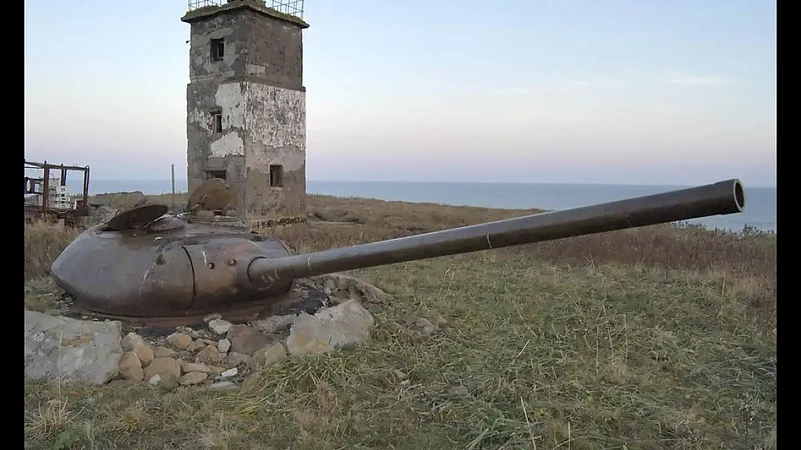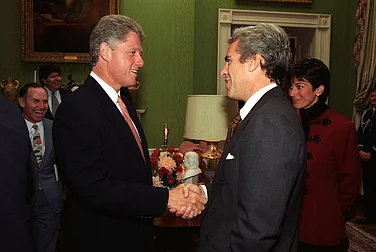Japan describes four islands whose ownership it disputes with Moscow as “illegally occupied by Russia” in the latest version of a diplomatic report released Friday, using stronger language to describe the territorial flap than other recent versions and underscoring the chilled relations between the two sides amid the Russian invasion of Ukraine.
The description in the 2022 Diplomatic Bluebook, an annual report on Japan's foreign policy issued by the Foreign Ministry, uses that phrasing for the first time in nearly two decades.
Japan, which is struggling to improve ties with Moscow to regain control of the Kurils, which Tokyo calls the Northern Territories, had previously described the dispute in a softer tone.
“The Northern Territories are a group of islands Japan has sovereignty over and an integral part of Japan's territory, but currently they are illegally occupied by Russia,” the ministry said in the report.
The dispute over the Russian-held islands, which the former Soviet Union seized from Japan at the end of World War II, has prevented the two countries from signing a peace treaty formally ending their war hostilities.
The report last used a similar expression in 2003 but had toned down its phrasing until last year, when it described the dispute as “the greatest concern between Japan and Russia” and noted that “Japan has sovereignty” over the islands.
In another territorial dispute, the ministry said the island that Japan calls Takeshima is “illegally occupied” by Seoul, which calls it Dokdo.
South Korea's Foreign Ministry protested Japan's “repeated inclusion of unjust sovereignty claims over Dokdo,” calling the island an integral part of South Korean territory.
It said Tokyo's repeated claims are in “no way conducive to efforts to establish a future-oriented relationship between the two sides.
Japan-South Korea ties have been also badly strained by historical issues.
Japan has joined other Group of Seven countries in imposing a series of sanctions against Russia.
Tokyo is taking a greater role in the international effort against Russia because of its concerns about the impact of the invasion in East Asia, where China's military has grown increasingly assertive.
Japan has already faced reprisals from Russia, which recently announced the suspension of talks on a peace treaty with Tokyo that included negotiations over the disputed islands.
Japan also seeks to bolster its defense capability and budget as part of a key revision to Japan's national security strategy expected later this year.





















